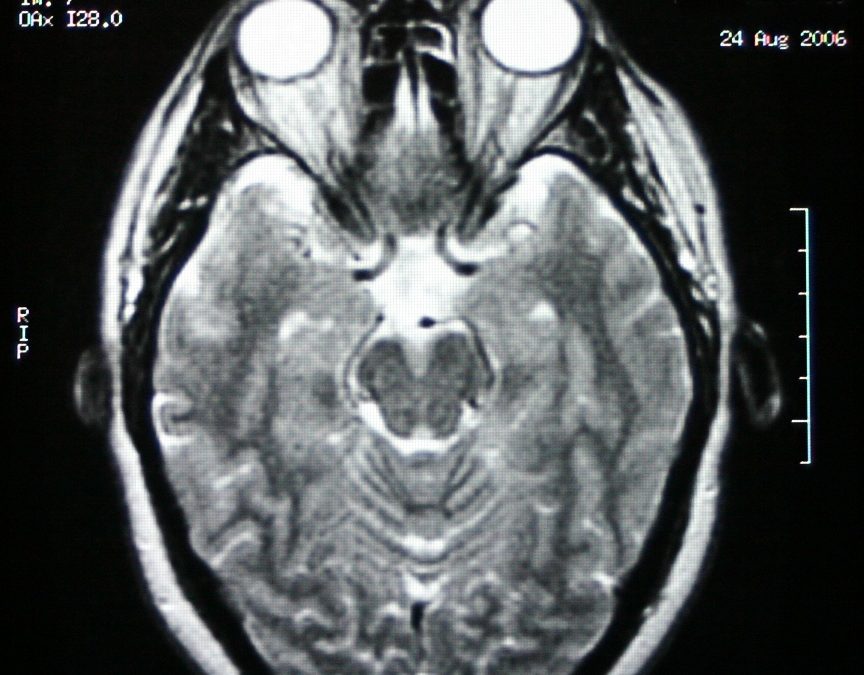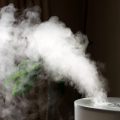Table of Contents
Your sinuses can be found on air-filled cavities or spaces. The places are your cheekbones, forehead, and even the bridge under your nose. Your sinuses would produce thin mucus that would drain or come out from your nose. When you have inflamed sinus, this is a result of an allergic reaction, infection or even a tumor. If this pain would become unbearable, it would produce pain similar to a sinus headache. Your sinus headache affects the bridge of your nose, forehead, and even your cheekbones. Unfortunately, this sinus headache would intensify pain due to straining or even sudden head movement. In this article, we will give you some tips and tricks in treating and managing your headache.
Symptoms of Sinus Headache
- Nasal discharge
- Feeling of fullness in the ears
- Fever
- Facial swelling
You can consult your friendly physician, s/he will let you know if the sinus headache symptoms you are experiencing are attributed to your sinuses. You will have a fever if you have a sinus blockage, this pain is similar to having a headache.
Treatment of Sinus Headaches
To treat your sinus headache, you should also treat the infection as well as relieve the symptoms. Your doctor will advise you to give antibiotics for the infection, s/he might also suggest decongestants or antihistamines treat the symptoms. However, if you plan to take in decongestant even if you do not have a headache, this medication would just worsen your headache.
Some other medication that could treat these kinds of infection includes vasoconstrictors as well as pain-relieving medications. Other than this, corticosteriods can also be recommended by your doctor. This is prescribed when people still feel the pain after using pain-relieving medicine or analgenics. Preventive allergy therapy is also recommended when the allergen is causing the sinus inflammation.
To relieve your sinus headache, some decongestant medications can be used. To relieve headache symptoms, decongestants may be used. The latter helps with constricting blood vessels that cause headache pain. If your sinus headache is fixed with decongestants but you do not have a sinus infection, you might have tension or migraine type of a headache, this will require treatment using preventive or abortive medication. You should form a habit when taking in decongestants.
You should try the following methods to treat your chronic sinusitis:
- To alleviate your sinus congestion, you need to use warm air.
- Inhale steam from a pan of boiling water or use a vaporizer
- To relieve pain in the sinuses or nose, you should use a warm compress
- Saline nose drops
Allergy vs. Sinus Headaches
Many people think that headaches are the result of allergies. But, allergies can also be from sinus congestion, which could lead to headache pain. The allergy treatment would not relieve your headache pain if you have allergies. Your sinus headache is from pressure or infection in the paranasal sinuses. These sinuses would include your frontal sinuses, maxillary sinus, mastoid, ethmoid sinuses, and as well as sphenoid sinuses. Do not be afraid, these things are not really sensitive. If you have an active infection, chances are you won’t be having too much pain.
The inflammation of your sinuses is called the sinusitis, some causes of this inflammation includes infection from bacteria, viruses, and also fungi. Other processes such as allergy can also damage the area from pressure injury, add that to radiation after the treatment of neck or head cancer, or any other foreign body.
It is not very common to have sinus headaches. Some people believe they have headaches rather than having this sinus headache. Since both sinus headache and migraine have no bio-marker, people who self-diagnose this would have a different kind of pain.
If you are experiencing acute sinusitis, chances are there is facial pain, pus in the middle meatus, and pressure that would last less than four weeks. Pain without other nasal symptoms or fever does not really constitute to your history. To know if you have chronic sinusitis, there are symptoms that should last for more than twelve weeks.
There is little to no chance that you will have brain or cranial nerve damage if you have a sinus infection. However, it does really happen. More so to people who are diagnosed with HIV infection, diabetes or people who have undergone chemotherapy.
Diagnosis
CT-sinus, MRI, and nasal endoscopy are some ways to diagnose your sinus headache. MRI and CT show sinus abnormalities, which can be found in the majority of the population. The abnormalities would include concha bullosa, polyps, septal deviation, and others. MRI scans are more expensive than CT scans of your sinus. MRI has an advantage because it shows the bone. The disadvantage is the radiation that could affect the person. You should avoid radiation whenever you can.
CT or MRI is quite slower than the Nasal fiber-optic endoscopy in terms of predicting if you have a sinus headache. This event would be done in an office and a good advantage is that there is no radiation damage from the CT scan. In the endoscopy, your clinician would visualize many of your sinus openings and s/he can quickly diagnose your sinusitis. If the results come out as positive, the suspicion of migraine headache will be increased. This task is only done by your sinus surgeons.
Both sinus headaches and migraines have no biomarker, but people who diagnose themselves to have this kind of headache has no disease at all. Migraines, on the other hand, is often placed where headaches are usually settled.
Medications
Medical treatments for sinusitis include the following:
- Antibiotics
- Decongestants
- Antihistamines, Nasal steroids, systemic steroids
- Nasal saline irrigation
- Other sinusitis treatments that your physician will recommend
Colds, or any other viral infections, can simply be cured with time and rest. You can also use decongestants as help, however, you should only use it for a short period of time. Your allergic rhinitis should be treated with antihistamines. These things can be taken through a nasal spray or orally. You could also have nasal saline irrigation. If you experience sinus headaches, there are a lot of things that you can do. You can go for allergy testings which would lead to drops or shots. If you have a bacterial infection, you will be treated with antibiotics or could lead to surgery. While the fungal infection is treated with different drugs or could lead to surgery. These are the things to know if you are suffering from this headache.





 I love to write medical education books. My books are written for everyone in an easy to read and understandable style.
I love to write medical education books. My books are written for everyone in an easy to read and understandable style.